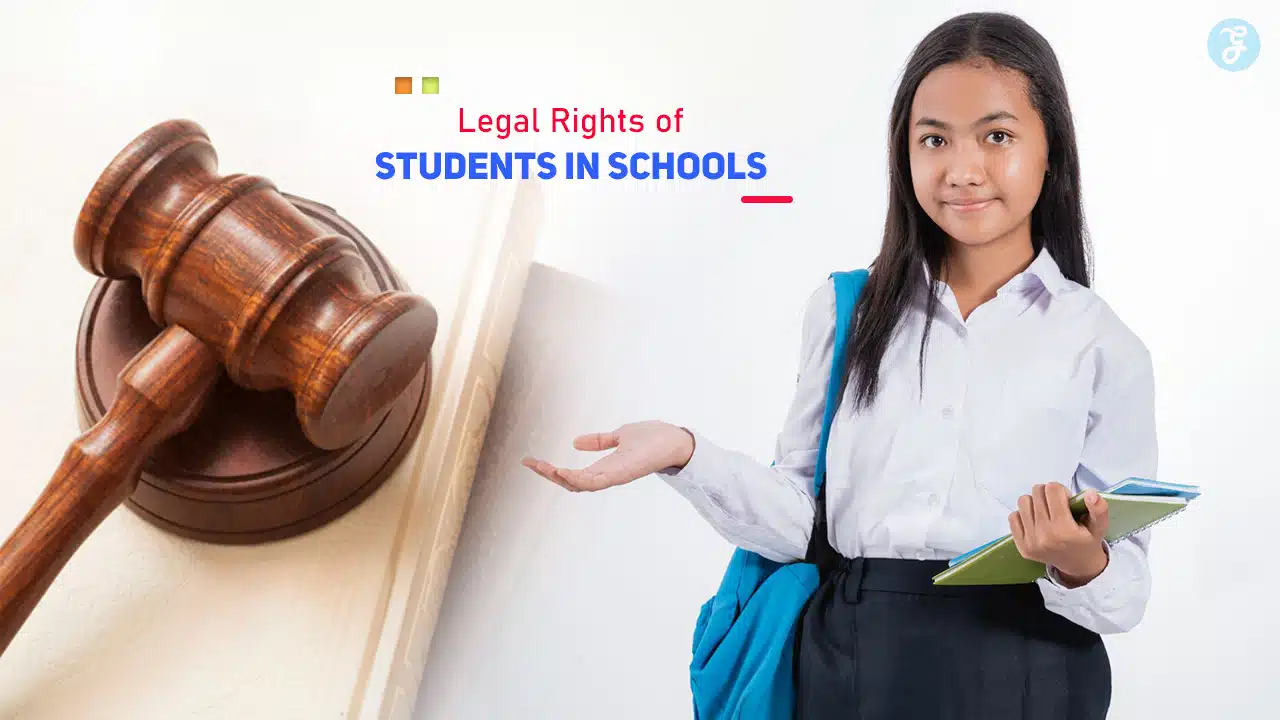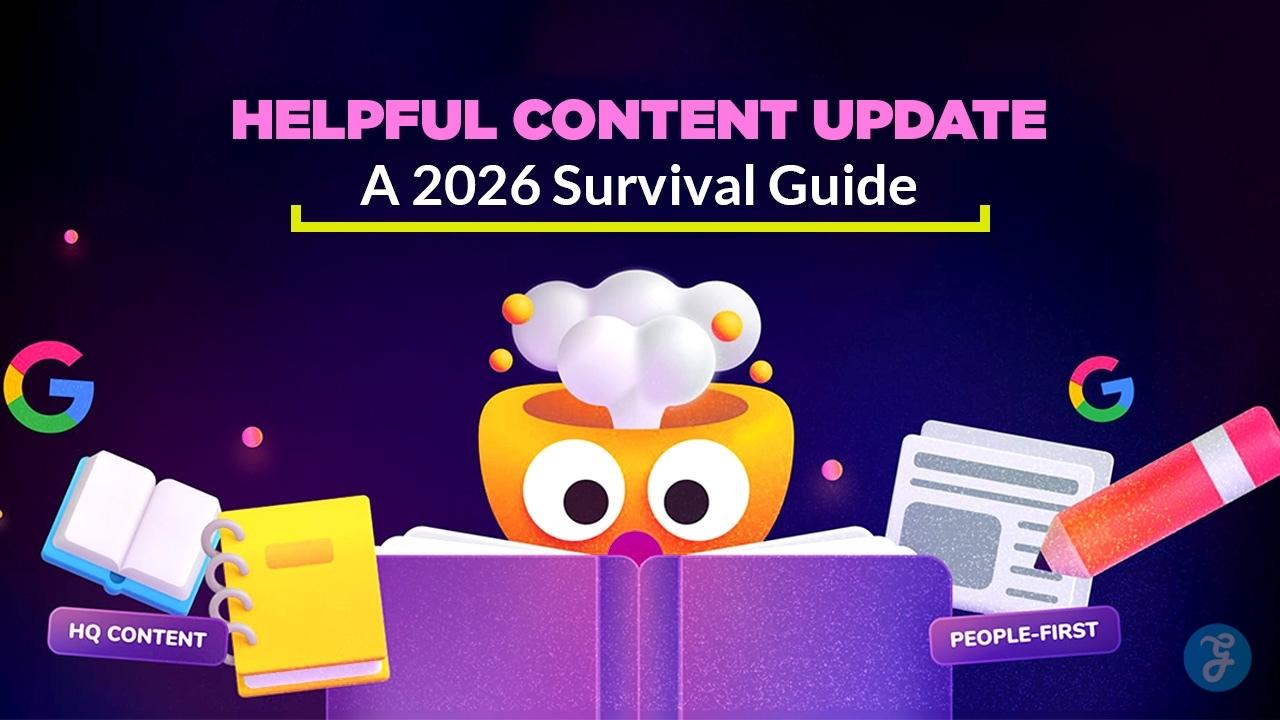The journey through school is an important chapter in every young person’s life. It’s where they gain knowledge, develop social skills, and start to understand their place in the world. But, just as adults have rights in the workplace, students have rights in the educational environment.
These rights guarantee equitable treatment, individual respect, and equal learning opportunities.
In this article, we will explore seven fundamental legal rights that protect students across schools in the United States. Understanding these rights is essential not only for students but also for parents and educators who want to foster a safe, inclusive, and equitable learning space.
1. Right to Free Speech and Expression
The Basics of Free Speech Rights
The First Amendment to the U.S. Constitution protects freedom of speech and expression, which applies to students in public schools. This right allows students to express themselves in various ways, such as by speaking their opinions, wearing certain clothing, or displaying symbols representing their beliefs. The freedom to express oneself is essential in fostering creativity, individuality, and open dialogue.
What Free Speech Looks Like in Schools
Tinker v. Des Moines Independent Community School District (1969) significantly defined students’ rights to free speech in schools. In this landmark case, students wore black armbands to protest the Vietnam War. The school attempted to suppress this expression, but the Supreme Court ruled in favor of the students, stating that students do not “shed their constitutional rights to freedom of speech or expression at the schoolhouse gate.
Limitations and Boundaries
Although students have the right to express their opinions, there are limitations. For instance, the school can restrict speech that disrupts the educational environment or encourages violence, bullying, or harassment. Examples of limited speech might include messages that are obscene, incite violence, or contain hate speech.
Current Examples and Challenges
With the rise of social media, the boundary of free speech in schools has expanded, raising questions about students’ rights to express opinions outside of school hours. Schools now face the challenge of managing incidents that occur online but affect the school environment. Cases continue to shape this evolving area of law.
2. Right to Privacy
Privacy Expectations in Schools
Privacy rights for students are based on the Fourth Amendment, which protects individuals from unreasonable searches and seizures. Although public schools are government entities and therefore limited by constitutional requirements, students’ expectations of privacy may differ slightly in a school environment.
Locker Searches and Personal Belongings
Schools often have policies allowing them to search lockers, bags, and sometimes even personal electronic devices. However, they must meet a “reasonable suspicion” standard, meaning they need a valid reason to believe that a search will reveal a breach of school rules or laws. The 1985 case of New Jersey v. T.L.O. established the need to balance students’ right to privacy with the school’s duty to maintain a safe environment. This case set the precedent that searches must be justified and not excessively intrusive.
Modern Concerns with Privacy and Technology
The rise of smartphones and laptops has made student privacy a more complex issue. Many schools now have policies related to electronic devices, including monitoring school-provided devices. While students generally have privacy rights on their personal devices, the use of school devices or networks often comes with limited privacy protections.
3. Right to an Education
Education as a Fundamental Right
State laws in the United States guarantee every child the fundamental right to an education. All students, regardless of their race, background, or financial status, must have access to education in schools. The Individuals with Disabilities Education Act (IDEA) also grants individuals with disabilities the right to customized educational plans and accommodations.
Special Education and the IDEA
The IDEA mandates that public schools provide Free Appropriate Public Education (FAPE) to students with disabilities. This law requires schools to create Individualized Education Programs (IEPs) that cater to the specific needs of each student with disabilities, ensuring they receive a fair chance to succeed in their education.
Combating Inequality in Education
Despite these rights, disparities still exist. Title IX of the Education Amendments (1972) prohibits discrimination based on gender, while Title VI of the Civil Rights Act (1964) outlaws prejudice based on race, color, or national origin. However, issues of unequal funding and resources persist, particularly in under-resourced areas. Efforts to uphold students’ right to an equal education include initiatives aimed at reducing achievement gaps.
4. Right to Due Process
Understanding Due Process in Schools
Due process is a fundamental right under the Fourteenth Amendment, guaranteeing fair treatment in judicial and quasi-judicial proceedings. For students, this right is especially critical in disciplinary situations, such as suspensions or expulsions. When a student faces accusations of violating school policies, due process guarantees a fair investigation and an opportunity for them to provide their perspective.
Requirements for Fair Procedures
Goss v. Lopez (1975) emphasized the importance of due process for students, particularly those facing suspension. In this case, the Supreme Court ruled that schools must provide at least a minimal hearing before a suspension, where students have the opportunity to learn the charges against them and present their defense.
Ensuring Transparency in Disciplinary Actions
Schools typically have a code of conduct outlining disciplinary procedures. By making this information accessible to students and families, schools foster transparency and help students understand their rights and responsibilities. Due process also includes the right to appeal disciplinary decisions, ensuring fair outcomes.
5. Right to Be Free from Discrimination
Defining Discrimination Protections in Schools
Public schools prohibit discrimination based on race, gender, religion, disability, or sexual orientation. Laws like Title IX and Title VI make it unlawful for schools to treat students differently based on these protected categories, ensuring equal access to educational programs and activities.
Examples of Protected Rights
Title IX protects students of all genders, including transgender students, ensuring they can use facilities that correspond with their gender identity. Similarly, Section 504 of the Rehabilitation Act and the Americans with Disabilities Act (ADA) protect students with disabilities from discrimination, requiring reasonable accommodations in schools.
Reporting and Addressing Discrimination
Students and parents can report discrimination to the Office for Civil Rights (OCR) or file a lawsuit. Schools are also expected to have nondiscrimination policies and designated officers to handle discrimination complaints, making sure students have access to fair and equitable treatment.
6. Right to Freedom of Religion
Religious Freedom Under the First Amendment
Students have the right to express their religious beliefs in schools, provided they do not disrupt educational activities. The First Amendment ensures students can engage in voluntary religious activities, such as praying, wearing religious attire, or forming religious clubs, without interference.
Restrictions on School-Sponsored Religious Activities
Public schools are prohibited from promoting or endorsing specific religions, maintaining the separation of church and state. The landmark Engel v. Vitale (1962) case established this principle by ruling that school-sponsored prayer was unconstitutional.
Balancing Expression and Neutrality
Schools must allow equal access to religious and secular clubs, allowing students to organize religious gatherings, such as prayer groups, during non-instructional time. This balance protects students’ rights to express their religious beliefs and upholds the principles of neutrality in public institutions.
7. Right to a Safe Learning Environment
The Importance of a Bully-Free, Safe School Climate
Every student has the right to feel safe and supported in their school. This means being free from physical, emotional, and cyberbullying. To ensure a safe learning environment, many states have adopted anti-bullying laws and expect schools to implement anti-bullying programs and policies.
Legal Protections and Anti-Bullying Policies
The Safe Schools Improvement Act and other state-level laws require schools to address bullying incidents promptly. The Safe Schools Improvement Act and other state-level laws mandate schools to establish policies against bullying and harassment, establish reporting mechanisms, and outline procedures for disciplining those involved in bullying behavior.
Role of Schools and Community in Ensuring Safety
Creating a safe environment involves not only protective policies but also fostering a positive school culture that promotes respect and inclusion. Schools often work with local authorities and community organizations to promote safety awareness and mental health support.
Conclusion
Reinforcing the Importance of Knowing Student Rights Understanding these rights not only empowers students but also helps create a fairer and safer educational experience. Informed students, parents, and educators contribute to a school environment that respects diversity, values individuality, and upholds justice.







































